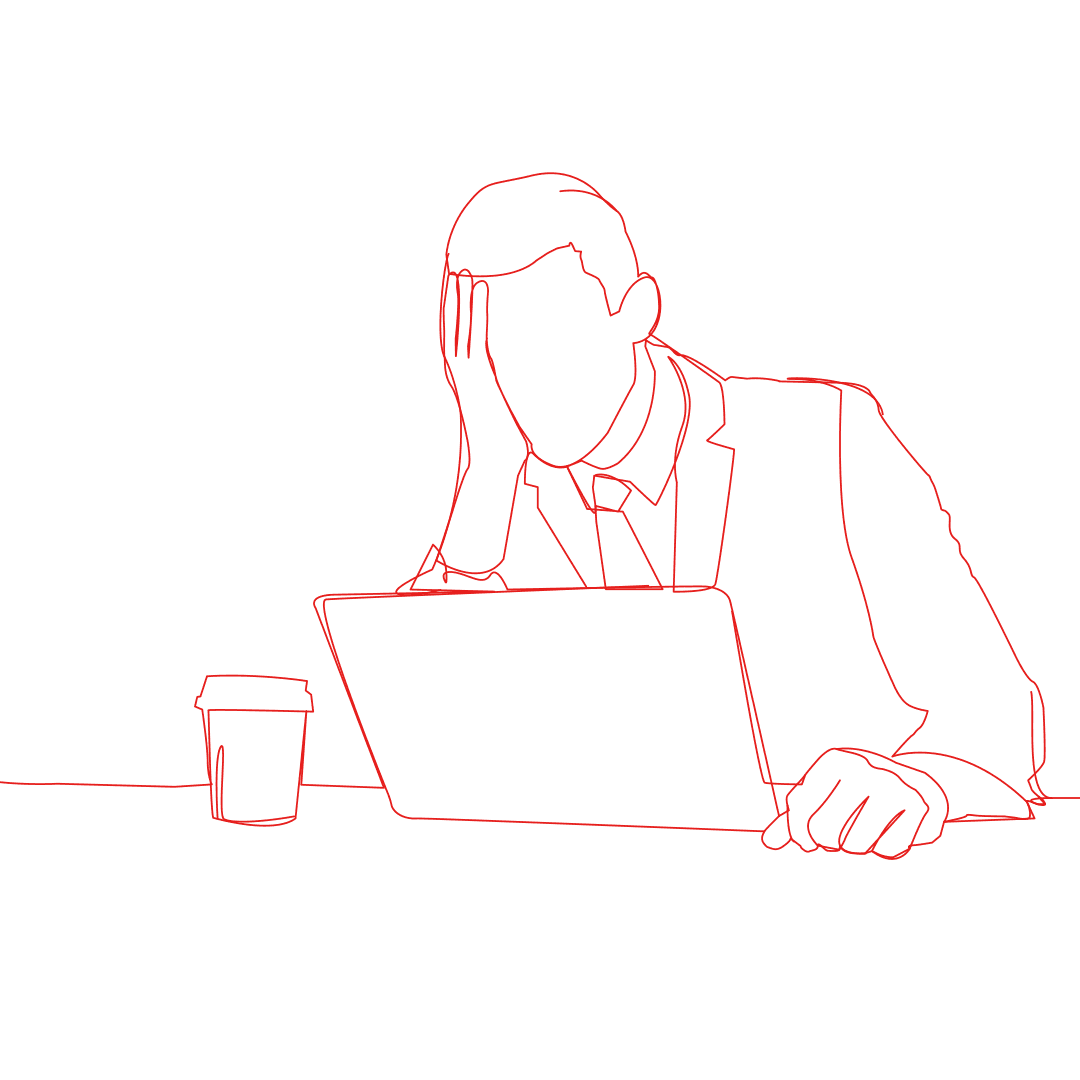Cognitive dysfunction, sometimes described as brain fog or fogginess, is a common yet invisible symptom of MS disease. You might find it harder to concentrate or recall details, and it can be frustrating when foggy brain symptoms appear, especially when people around you may not notice anything wrong.
MS is an autoimmune condition that attacks myelin – the protective layer around nerve cells in the central nervous system, including the brain, spinal cord and optic nerves. When this protective coating is damaged, the brain's communication pathways slow down or become disrupted. This can lead to foggy head symptoms, slower thinking, confusion or fogginess, often related to MS brain fog.
Common cognitive problems
Common MS and brain-related symptoms may include difficulty with:
- A feeling of fogginess or brain fog
- Planning and problem-solving (executive functioning)
- Concentration and attention
- Memory, such as recent events, information or tasks
- Remembering the right word to say (that 'tip-of-the-tongue' feeling)
- Processing information, such as instructions
- Visual and spatial abilities, such as judging speed, distance or positioning objects
For many people living with MS, cognitive change can be mild or fluctuate from day to day. There are also steps you can take to manage this symptom and improve your brain health.

What to do if you’re experiencing MS brain fog
Cognitive fog – even when mild – may include difficulty thinking or concentrating, multi-tasking, forgetting words mid-conversation, or trailing off partway through a sentence.
If you or someone close to you is experiencing foggy brain symptoms, speak to your GP (general practitioner) as soon as possible. They can help identify what causes fogginess – whether it's directly related to MS or something else – and suggest ways to improve symptoms.
You can also call us on to speak to one of our friendly and understanding team members.
Factors that can affect cognitive fog
Many people wonder what causes fogginess or why foggy head symptoms vary day to day. For people with MS, several factors can contribute to changes in thinking and memory, including:
- Fatigue or poor sleep
- Hormonal changes (especially for women)
- Infections or other illnesses
- Medications (your GP or MS Nurse can review your treatment plan)

Strategies to manage MS and brain fog
There are many ways to manage MS and brain fog and support clearer thinking. Try implementing these everyday strategies:
- Set up a daily routine to structure your time and activities
- Create a memory centre at home – such as a pin board for bills, notes and reminders
- Use a diary or smartphone for prompts, reminders and planning
- Focus on one task at a time and reduce distractions like background noise
- Break down large tasks into smaller steps over several days
- Avoid working when you’re tired or anxious, as this may worsen concentration
- Explore other factors that may be causing cognitive dysfunction, such as stress or sleep issues
If stress and anxiety are big triggers for your foggy head symptoms, you might find relief through meditation, yoga, regular walks, breathing exercises or guided relaxation.
For more severe or ongoing cognitive difficulty, your GP may refer you to a neuropsychologist, speech pathologist or occupational therapist, who can help you retrain your brain with clinical exercises.
PDF, 118kb
Learn more about MS
Support and services
We offer a wide range of services and support to help you manage your health and wellbeing – so you can maintain your lifestyle and achieve your goals.

Newly diagnosed
Wondering where to go after receiving an MS diagnosis? Find the information and support you need to live well.

Resource hub
Find everything you need to know about living with MS – from managing symptoms and your emotional health to navigating employment and the NDIS.

Speak to someone who understands

